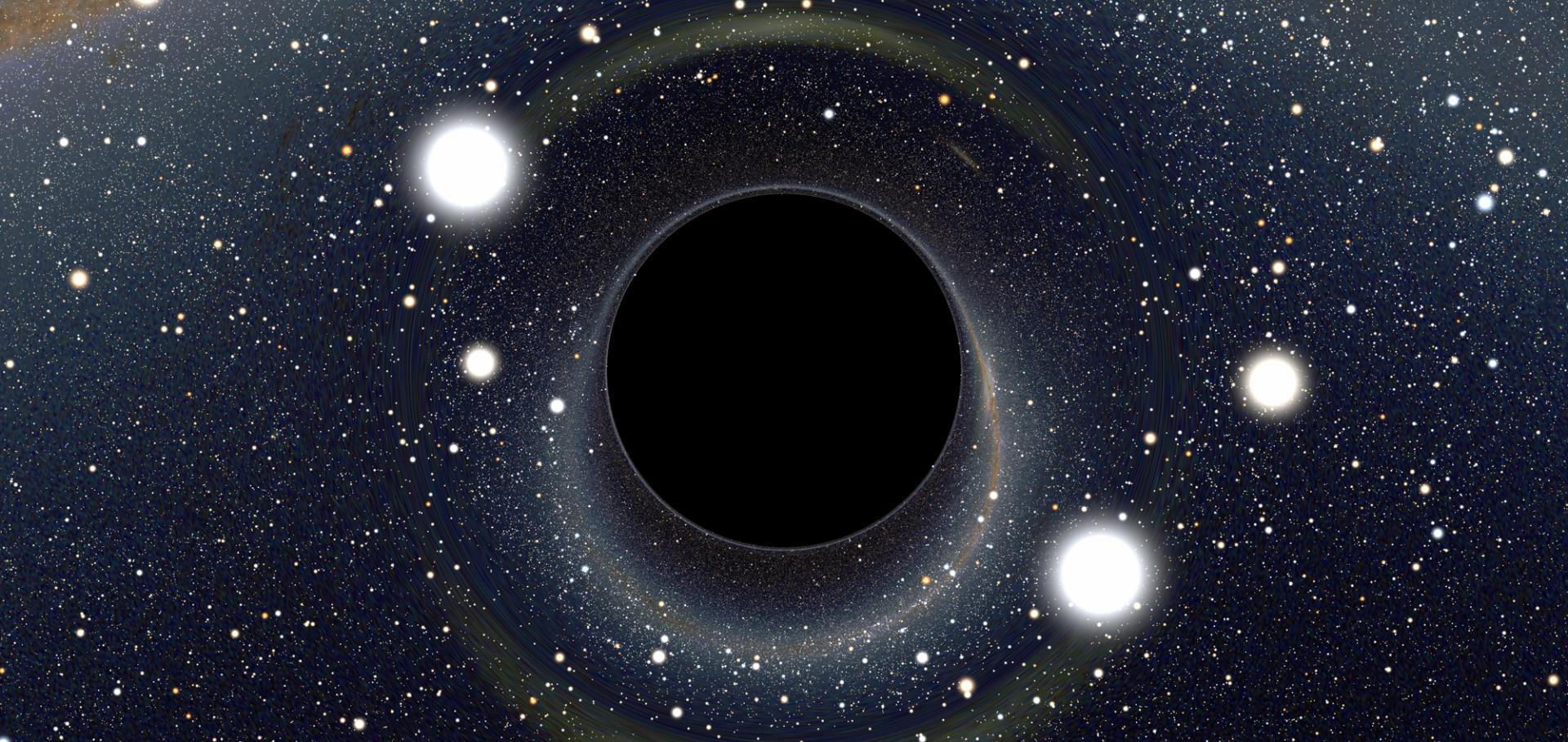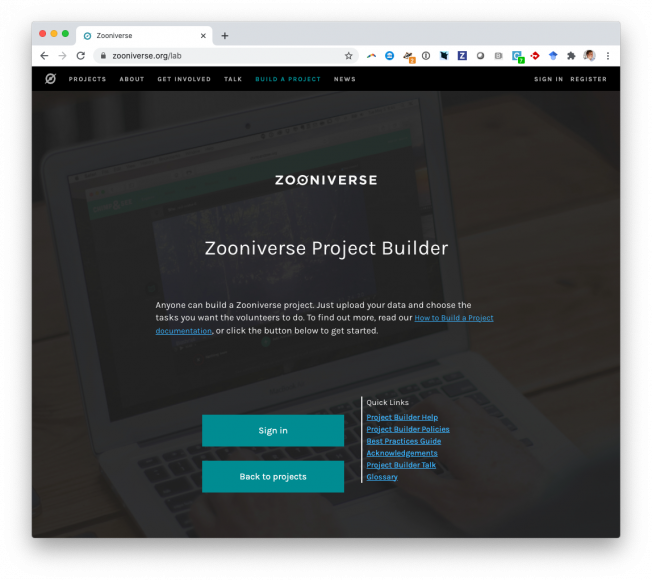PLANET HUNTERS. VII. DISCOVERY OF A NEW LOW-MASS, LOW-DENSITY PLANET (PH3 C) ORBITING KEPLER-289 WITH MASS MEASUREMENTS OF TWO ADDITIONAL PLANETS (PH3 B AND D)**This publication has been made possible by the participation of more than 290,000 volunteers in the Planet Hunters project. Their contributions are individually acknowledged at http://www.planethunters.org/authors.
The Astrophysical Journal American Astronomical Society 795:2 (2014) 167
A Computational Pipeline for Crowdsourced Transcriptions of Ancient Greek Papyrus Fragments
Institute of Electrical and Electronics Engineers (IEEE) (2014) 100-105
Crowd-sourced assessment of technical skills: A novel method to evaluate surgical performance
Journal of Surgical Research 187:1 (2014) 65-71
Abstract:
Background Validated methods of objective assessments of surgical skills are resource intensive. We sought to test a web-based grading tool using crowdsourcing called Crowd-Sourced Assessment of Technical Skill. Materials and methods Institutional Review Board approval was granted to test the accuracy of Amazon.com's Mechanical Turk and Facebook crowdworkers compared with experienced surgical faculty grading a recorded dry-laboratory robotic surgical suturing performance using three performance domains from a validated assessment tool. Assessor free-text comments describing their rating rationale were used to explore a relationship between the language used by the crowd and grading accuracy. Results Of a total possible global performance score of 3-15, 10 experienced surgeons graded the suturing video at a mean score of 12.11 (95% confidence interval [CI], 11.11-13.11). Mechanical Turk and Facebook graders rated the video at mean scores of 12.21 (95% CI, 11.98-12.43) and 12.06 (95% CI, 11.57-12.55), respectively. It took 24 h to obtain responses from 501 Mechanical Turk subjects, whereas it took 24 d for 10 faculty surgeons to complete the 3-min survey. Facebook subjects (110) responded within 25 d. Language analysis indicated that crowdworkers who used negation words (i.e., "but," "although," and so forth) scored the performance more equivalently to experienced surgeons than crowdworkers who did not (P < 0.00001). Conclusions For a robotic suturing performance, we have shown that surgery-naive crowdworkers can rapidly assess skill equivalent to experienced faculty surgeons using Crowd-Sourced Assessment of Technical Skill. It remains to be seen whether crowds can discriminate different levels of skill and can accurately assess human surgery performances. © 2014 Elsevier Inc. All rights reserved.The Green Valley is a Red Herring: Galaxy Zoo reveals two evolutionary pathways towards quenching of star formation in early- and late-type galaxies
ArXiv 1402.4814 (2014)
Abstract:
We use SDSS+\textit{GALEX}+Galaxy Zoo data to study the quenching of star formation in low-redshift galaxies. We show that the green valley between the blue cloud of star-forming galaxies and the red sequence of quiescent galaxies in the colour-mass diagram is not a single transitional state through which most blue galaxies evolve into red galaxies. Rather, an analysis that takes morphology into account makes clear that only a small population of blue early-type galaxies move rapidly across the green valley after the morphologies are transformed from disk to spheroid and star formation is quenched rapidly. In contrast, the majority of blue star-forming galaxies have significant disks, and they retain their late-type morphologies as their star formation rates decline very slowly. We summarize a range of observations that lead to these conclusions, including UV-optical colours and halo masses, which both show a striking dependence on morphological type. We interpret these results in terms of the evolution of cosmic gas supply and gas reservoirs. We conclude that late-type galaxies are consistent with a scenario where the cosmic supply of gas is shut off, perhaps at a critical halo mass, followed by a slow exhaustion of the remaining gas over several Gyr, driven by secular and/or environmental processes. In contrast, early-type galaxies require a scenario where the gas supply and gas reservoir are destroyed virtually instantaneously, with rapid quenching accompanied by a morphological transformation from disk to spheroid. This gas reservoir destruction could be the consequence of a major merger, which in most cases transforms galaxies from disk to elliptical morphology, and mergers could play a role in inducing black hole accretion and possibly AGN feedback.The ultraviolet attenuation law in backlit spiral galaxies Based in part on observations made with the NASA Galaxy Evolution Explorer. GALEX is operated for NASA by the California Institute of Technology under NASA contract NAS5-98034.
Astronomical Journal 147:2 (2014)



